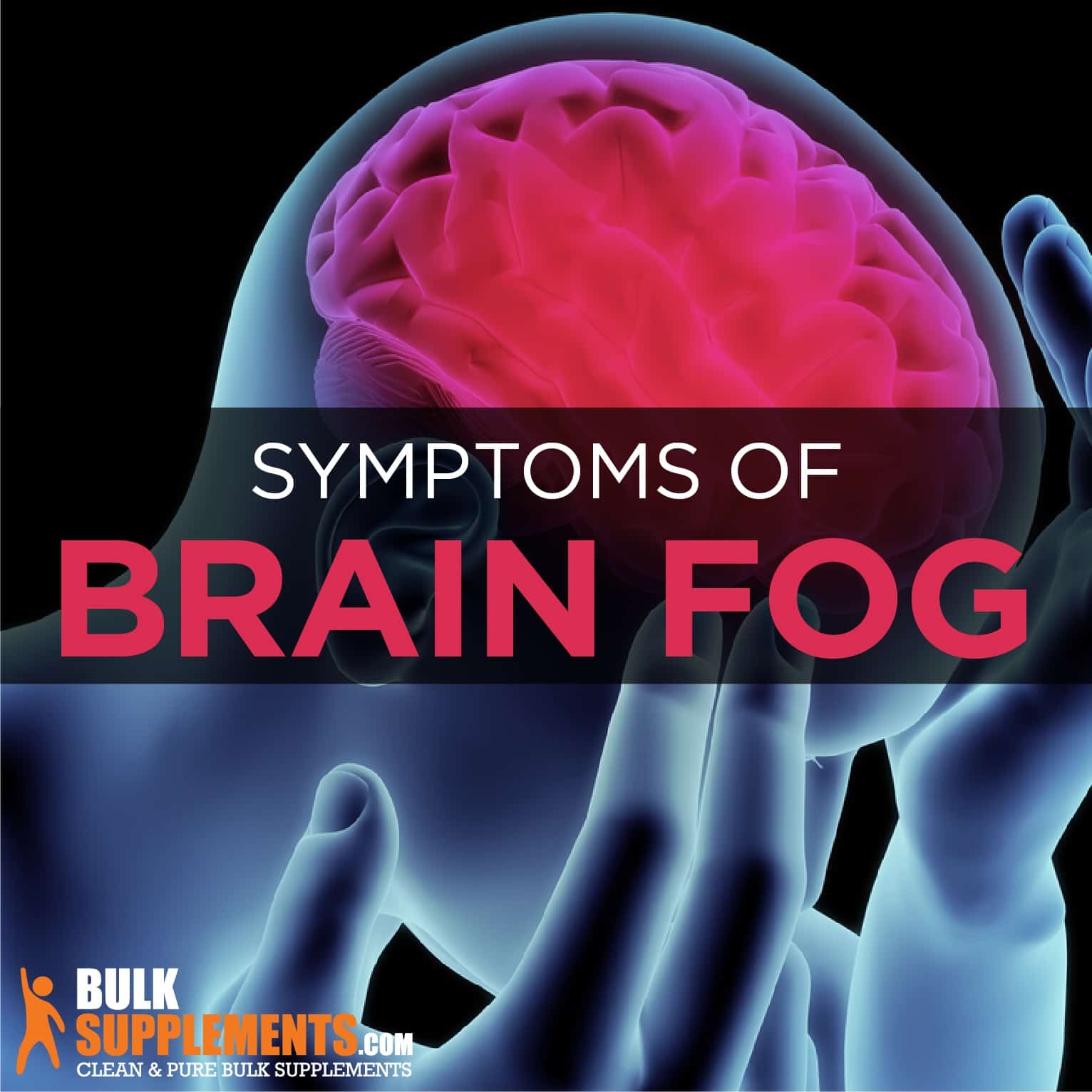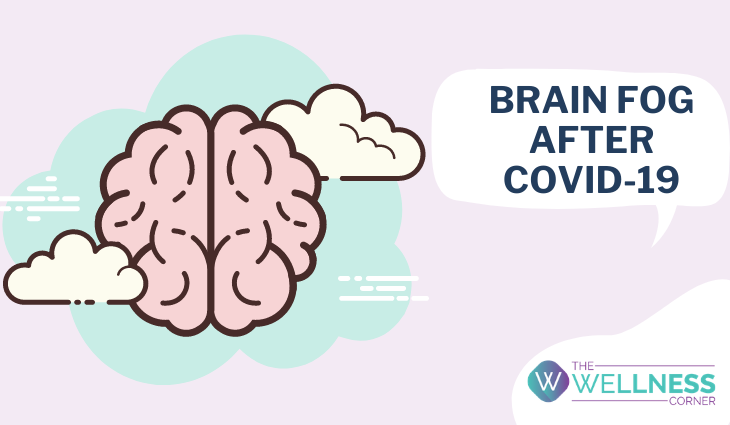

Turning of the Wi-Fi or even your phone could be extremely helpful to the creational flow of work. Minimize distractions: Smartphones and social media are an endless source of information that bombard us every day, impeding concentration on any task.Keep lots of notes: Writing down everything on a piece of paper, post-its or your phone, can help significantly with the brain fog, as you do not have to worry about forgetting something important.Avoid tobacco and alcohol: Refraining from tobacco and alcohol can help minimize inflammation in the brain.If things are getting too much for you and you feel you can’t cope, ask for help. Ask for help: We all get tired or overwhelmed by how we feel, or when things go wrong.Remain vigilant: Make sure you see poor mental health or cognitive impairment signs to yourself and others.Be present: Relaxation techniques, such as mindfulness meditation, can help in managing stress and find inner peace.Find time to do something you enjoy: Enjoying yourself helps beat stress and possibly self-esteem.Take care of your body: Eating well, getting a quality sleep, and exercising are the A and Z to physical wellness, which is key to mental wellness.

The most important thing you can emphasize on is to consider the golden rules of mental wellness onboard and ashore: But the good news is that there are always ways to cope with it. In the Northwestern study, about five months from the onset of symptoms, on average, only 64% of patients said they felt recovered.

Some patients reported brain fog insisting for weeks or months after their other COVID-19 symptoms have gone away. The bad news is that it is yet to be determined whether brain fog is permanent after COVID-19. How can I cope with brain fog post-COVID? However, the phenomenon existed also before COVID-19 and has been typically attributed to lack of sleep, poor diet, increasing stress or anxiety, lack of exercise, hormonal changes, side effects of medication, radiation from electronic devices, and others. The virus is neuro-invasive, meaning that it can enter your brain tissue. The potential cause of brain fog in people after COVID-19, as well as the reason why some people develop neurological symptoms after COVID-19 and others do not, are still under scientific investigation. The most severe symptom was encephalopathy.Fatigue was the most frequent non-neurologic symptom (85%).Brain fog was the most frequent neurologic symptom (81%).The range of symptoms of brain fog include, but are not limited to: But what does “brain fog” exactly refer to?īrain fog is not an official scientific term but is used by patients to describe a sense of fuzziness and unclear thinking. In this very context, a new term unveiled describing the sense of sluggish or unclear thoughts following the COVID-19 disease.Įither encountered as “COVID fog” or “brain fog”, some have read about it, some have experienced it and others may have heard it by someone close to them who contracted the disease.Amid an ongoing discussion on the long-term cognitive repercussions from COVID-19, “brain fog” or cognitive impairment, was unveiled among the top three most common symptoms for young people after COVID-19, along with fatigue and anxiety, says Helen Lavretsky, MD, professor in the Department of Psychiatry at UCLA. Let us not forget that seafarers are an especially vulnerable workgroup category as many crews were trapped onboard for prolonged periods due to travel restrictions. The complicated impact of COVID-19 on people is not limited to physical consequences, with a great deal of discussions focusing on the adverse effects of the pandemic on mental health.


 0 kommentar(er)
0 kommentar(er)
